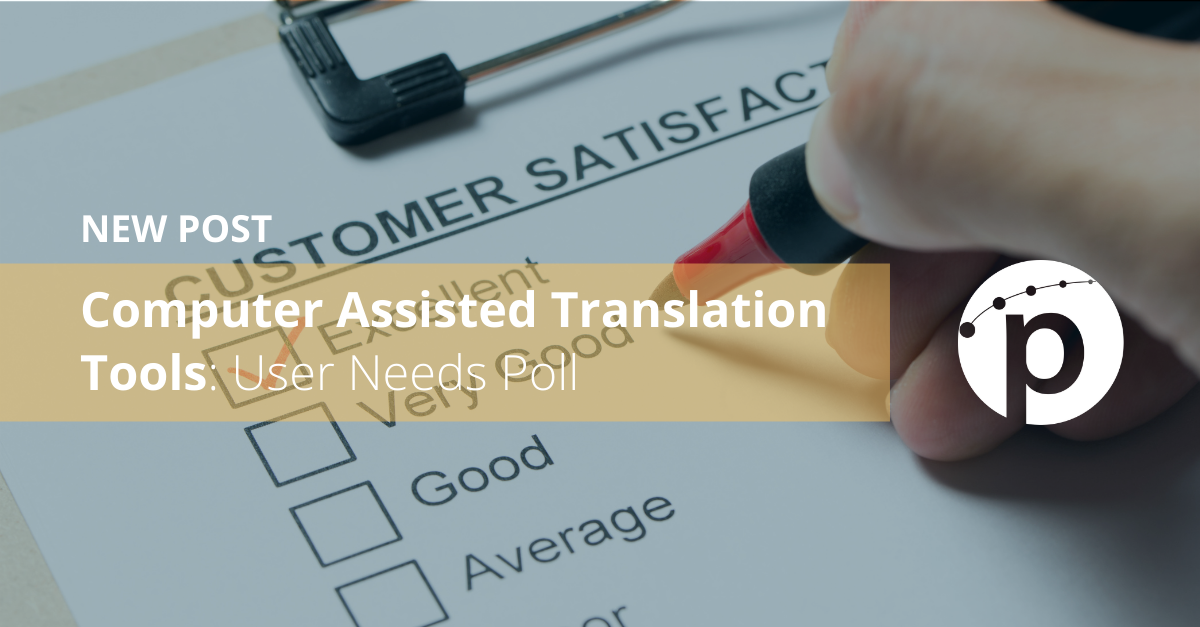We have often said in our blog and publications that translation stopped being a craft a long time ago. Translation companies are becoming solution providers in terms of tools and technology - particularly solutions that help companies publish more, faster and in more languages. It is no wonder then that more and more translation tools are flooding the market and translation professionals choose one or the other as their "life tool".
Anna Zaretskaya is a researcher at the University of Malaga within the EU EXPERT project. Anna is researching computer tools for translators, the use of certain tools, their popularity and how and why translators choose between one tool and another. Also, Anna is interested in how machine translation is affecting, and is being adopted by professional translators in their daily life. Anna says: "The invasion of technology in the translation industry that we observe today forces professional translators to sometimes use highly complex computer programs and resources in order to keep up with industry requirements. Even though there is a vast variety of such programs on the market, not all of the existing technologies were successfully adopted by professionals. One of the possible reasons for this is that the programs were developed without taking into account translators’ real needs."
The ‘Computer tools for translators: user needs’ survey intends to contribute to solving this problem. It is conducted by the University of Malaga within the EXPERT project (EXPloiting Empirical appRoaches to Translation). The purpose of the survey is to find out how current translation technologies can be improved to make them more convenient and useful for professional translators.
To be more specific, it tries to answer questions like: How do professional translators work with the tools they have at hand? How satisfied are they with these tools? With their performance? With their features? Have they improved their productivity and income by using them? And what is translators’ overall attitude towards technology-related industry trends? The results of this study will be used to improve already existing tools and adjust them to translators’ working practices, and also to envisage some new types of technology or functionalities.
All professional translators are invited to participate in the survey and make their contribution to the future of translation technologies. The survey can be accessed through this link:
https://www.surveymonkey.com/s/D26JHPS
We would like to help Anna, as an EU researcher, with her work. In case of any questions, please contact Anna Zaretskaya: annazar [at] uma.es





